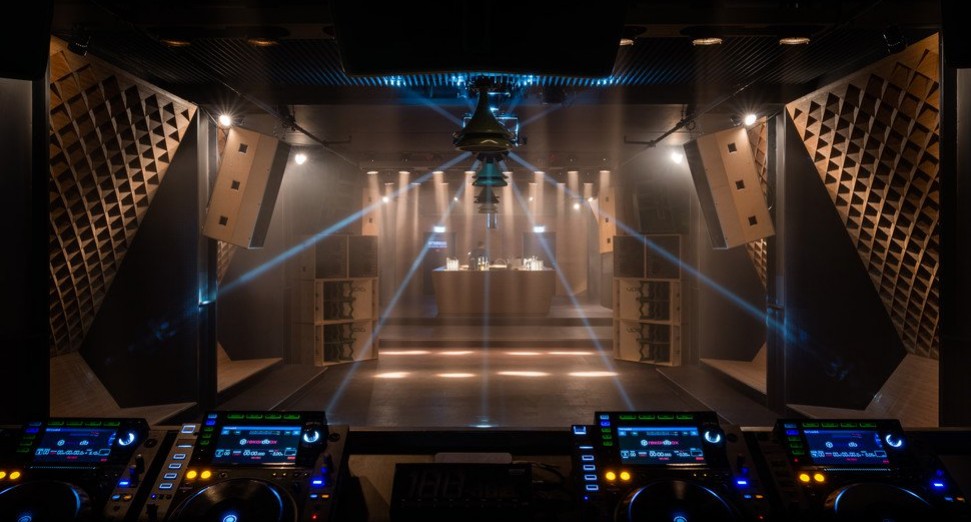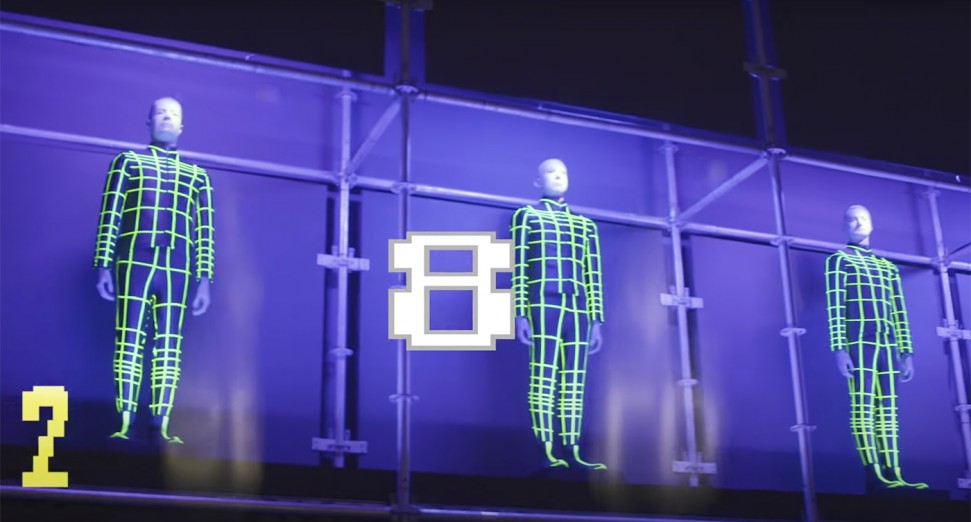
Clubs in Bavaria close as COVID-19 cases rise in Germany
Clubs in the German state of Bavaria have been forced to close for three weeks starting from 22nd November.
All nightlife in the region, which also includes bars, has been ordered to shut as the region enters back into a short-term partial lockdown in order to break the cycle of a concerning increase in new COVID-19 infections.
Germany has a lower than average vaccination rate compared to much of Western Europe, and the rate of cases is reaching a new high across the nation. Bavaria is one of the worst hit regions, alongside neighbouring Saxony, which has now also entered into lockdown.
Earlier this week, Germany’s acting Health Minister Jens Spahn urged all German citizens to get vaccinated as soon as possible, warning that people will either be “vaccinated, cured or dead” by the end of winter.
Berlin’s Clubcommission also recently issued a statement, responding to the shifting of the conversation in Germany towards blaming increasing COVID-19 rates on nightlife, saying venues had been depicted in the “wrong light”.
It comes after a press release sent out by the Luca app (Germany’s contact tracing system) claimed that 49% of COVID-19 alerts in October were traced back to nightclubs. This information was then said to have been shared by various media outlets, who claimed that nightclubs and bars were acting irresponsibly.
“The reopening of the clubs after a year and a half of closure is viewed with great scepticism,” the Clubcommission statement said. “Of course, the health offices also pay particular attention to tracking infections in which many people meet without a mask and distance.
“If a person tests positive after a club visit, the health office sometimes sends 2,000 warnings to all visitors. But the audience is fully vaccinated or recovered, only in this way is access to 2G [people who have been fully vaccinated or recently recovered from COVID-19] club nights possible at all. Even if vaccination breakthroughs have been recorded, no mass infection can be observed under 2G.”
Clubs across Germany originally reopened for indoor dancing over the last couple of month, as the nation emerged from lockdown. In Berlin, most venues started reopening at the start of September following a ruling that indoor dancing should be permitted for those who are fully vaccinated against COVID-19 or have recovered from the virus in the last six months.
View this post on Instagram



